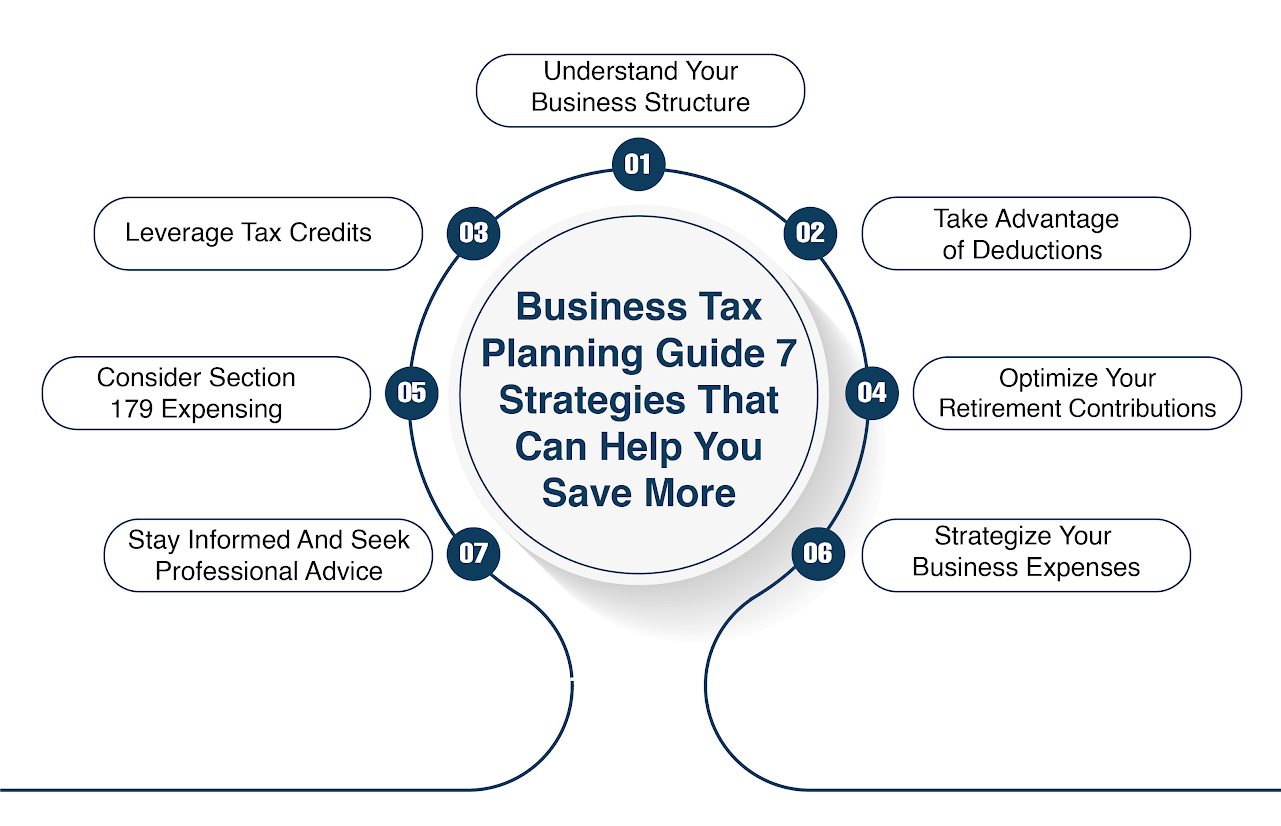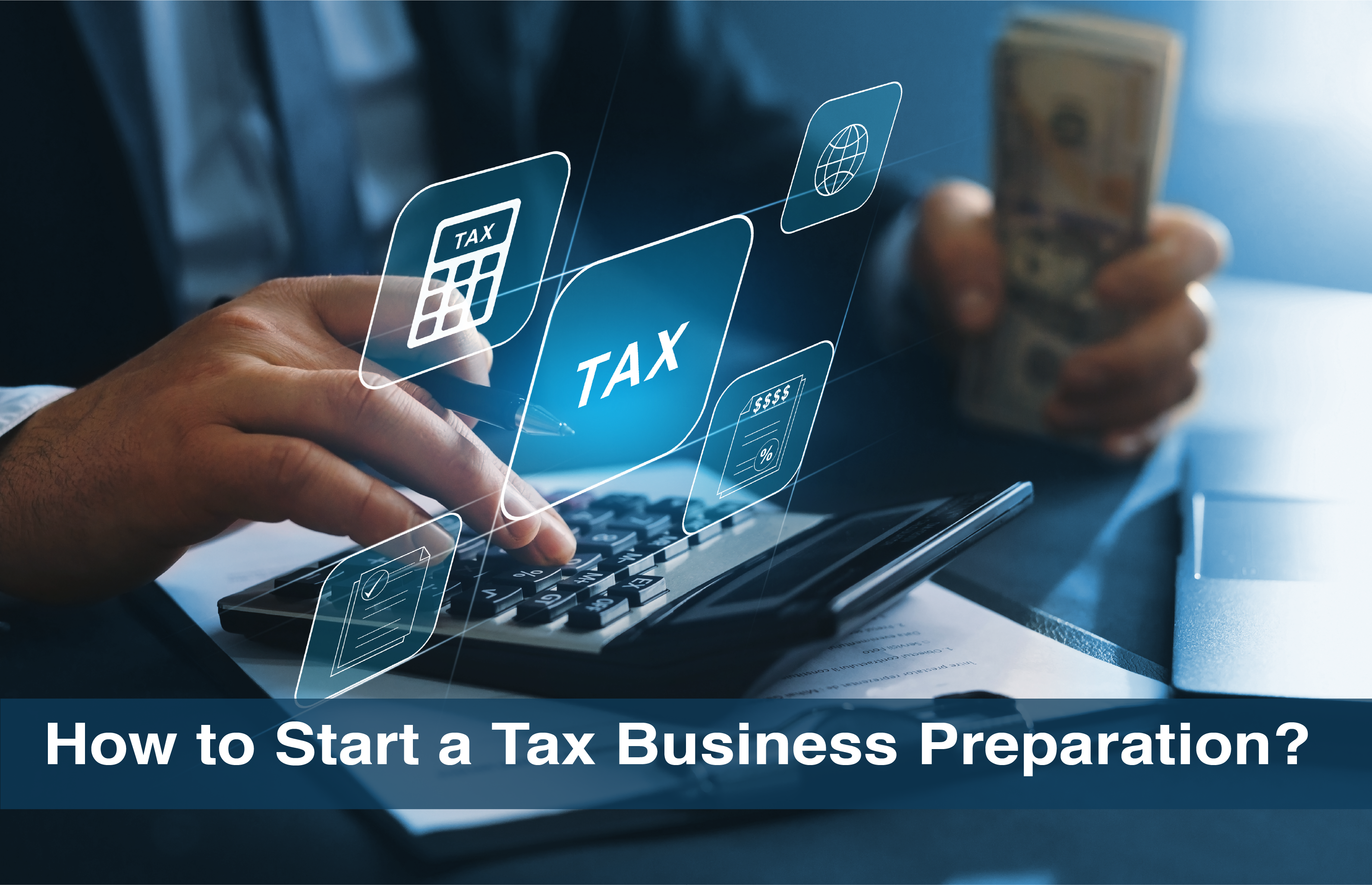To keep your business operational and functional, you need to follow some steps. Whether it be to track the records of employees or govt payable taxes, business tax preparation requires a striking effort. However, hiring professional tax preparation services can relieve your worries. Here, we have discussed the following some of the most viable tax preparatory firms helpful for businesses in Dallas. Let’s have a glance at the working and practices to go up with the team of the tax preparation.
Learn What Kinds of Business Taxes are
Businesses are versatile in terms of operations and return on investment. The U.S. Govt, alongside the States, defines their specific rules and regulations to collect taxes from the various businesses. Therefore, a business owner needs to know what sort of business tax it falls under. Whatever your tax case and business type you run, the CPA tax services can guide you best. In our daily workload, it often makes it difficult for us to handle all the tax worries. Whereas a reliable CPA service falls, they will provide tax assistance service for the local businesses and enterprises around the Fort Worth Area. You can also book a virtual CFO and online CPA to get your company audited.
Sorts of Business Tax Forms
The U.S. taxation works on various tax forms. Each separate and specific business tax case goes with the relevant business form. We need help understanding the clauses and entries of a particular condition. That is why we came to have the designated services of registered CPAs in Dallas. Entrepreneurs must be aware of the tax form types and their supportive tax documents. So, it makes sense that the vague matters of taxes can lead you to hire one of the best tax planning services in Dallas. It is also a great deal to learn from the taxation consultancy team about the types and usage of tax forms. The following are the most commonly used tax forms for businesses in the U.S.
Sole Proprietorship Tax Form
The Sole Proprietorship Tax Form includes Schedule C, such as Form 1040, which is designed for reporting business income and expenses. Tax Compliance for a business requires the following forms.
Schedule C (Form 1040):
Profit or Loss from Business (for reporting business income and expenses)
Self-Employment Tax (For Calculating Self-Employment Tax)
This business type falls under the business tax compliance of entrepreneurial startups. The following tax forms you will need to go with the tax submission.
Form 1065:
U.S. Return of Partnership Income
Schedule K-1 (Form 1065):
Partner’s Share of Income, Deductions, Credits, etc. (for each partner)
Limited Liability Company (LLC)
A Limited Liability Company (LLC) is a business entity that conjoins the elements of a corporation and a partnered venture or sole proprietorship. An LLC provides limited liability to its owners. The partners of the LLC are known as members. Their assets are typically protected from business debts and liabilities. The following tax forms are the tax compliance elements to pay the taxes.
Form 1065:
U.S. Return of Partnership Income (for multi-member LLCs)
Schedule K-1 (Form 1065):
Partner’s Share of Income, Deductions, Credits, etc.
Moreover, as a substitute for these tax forms, a business owner may also have to have a single-member LLC to use Schedule C (Form 1040) if it is a disregarded entity.
Commercial Corporation (C-Corporation)
A commercial corporation is often regarded as a C Corporation. It is a legal entrepreneurial business venture or business distinct from its owners (shareholders). A trusted CPA tax service in Dallas can help you solve the tax form submission. The following most common tax forms are used in Commercial Corporation (C-Corporation) tax payments.
Form 1120:
U.S. Corporation Income Tax Return
Schedule K-1 (Form 1120):
Shareholder’s Share of Income, Deductions, Credits, etc. (for each shareholder)
S Corporation
S Corporations are the common business modules in the U.S. Such corporations are named after Subchapter S of the Internal Revenue Code. The business structure outlines the rules governing this type of corporate structure. Average investors or entrepreneurs choose such smaller companies to fetch the liability protection of a corporation. Moreover, the tax advantages of a pass-through entity to the investor or stakeholder. Following the tax form, you need to submit the taxes of S Corporation.
Form 1120-S:
U.S. Income Tax Return for an S Corporation
Schedule K-1 (Form 1120-S):
Shareholder’s Share of Income, Deductions, Credits, etc. (for each shareholder)
Nonprofit Organization
The tax compliance code for nonprofit organizations in the United States means to go with the Internal Revenue Code (IRC) Section 501(c) (3). The tax is waived for organizations seeking tax-exempt status as charitable, religious, educational, or other types of nonprofits. Following taxes are mandatory to be eligible for the nonprofit organization tax form.
Form 990:
Return of Organization Exempt from Income Tax
Form 990-EZ:
Short Form Return of Organization Exempt from Income Tax (For smaller nonprofits)
Conclusion:
To run a business with peace of mind, a business owner needs to take care of the business tax preparation. A business owner or entrepreneur can go with a reliable business tax preparation firm in Dallas. Consulting with CPA tax services can guide your business type and location. We advise you to hire one of the registered CPAs in Dallas or seek advice from taxation consultants. It can help navigate the nuances of tax forms and documentation requirements. Moreover, the expert team of CPAs and CFOs can help you understand and meet the business tax compliance for the IRS or other tax departments.






